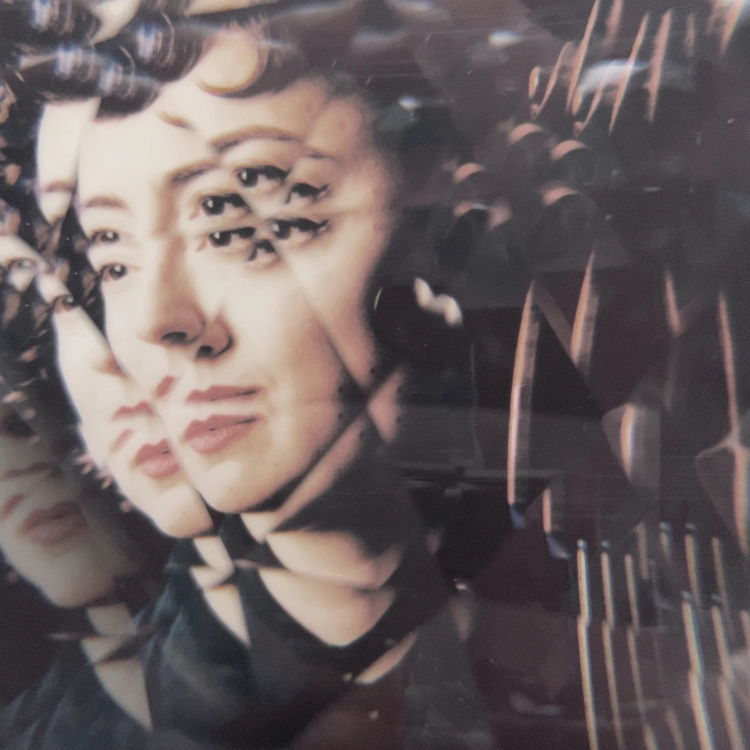Additional Information
This Sunday, 4 February, No Hay Banda will host a concert with Canadian cellist India Gailey at the Sala Rossa in Montreal. The programme includes a performance of Problematica, the independent artist’s new album, in which she plays compositions for cello/voice/electro by Fjóla Evans, Nicole Lizée, Julia Mermelstein, Andrew Noseworthy, Sarah Rossy, Joseph Glaser and Thanya Iyer. The first part of the concert will feature the world premiere of a work by Montreal composer Zihua Tan, what came before me is going after me. To find out more about Zihua Tan and his composition, listen to an interview with him here.
I spoke to India Gailey. Here’s a summary of what she had to say:
PAN M 360: Hello India. It’s a pleasure to welcome you. You’re originally from Halifax, and you’re still based there, aren’t you?
India Gailey: Yes, but I studied at McGill for several years…
PAN M 360: You’ve got just the thing for the Montreal scene…
India Gailey: I love that scene! I know several artists there, and it’s always a great pleasure to meet up with them again.
PAN M 360: You’re in the middle of a Canadian tour with Problematica, which you’ll be performing on Sunday 4 February at the Sala Rossa in Montreal (with stops in Toronto on 31 January and Guelph on 1 February). What is Problematica?
India Gailey: First and foremost, it’s an album that will be released soon (at the end of February) on People Places Records. This album is the result of a series of commissions I made to several Canadian composers: Fjóla Evans, Nicole Lizée, Julia Mermelstein, Andrew Noseworthy, Sarah Rossy, Joseph Glaser, and Thanya Iyer.
PAN M 360: What is your main aesthetic?
India Gailey: The one I generally use in my concerts and in the choice of works I play. You could say a kind of post-minimalism that blurs the boundaries between indie pop/rock and contemporary music.
PAN M 360: Where does this interest in contemporary music come from? From your youth?
India Gailey: I loved the cello when I was very young, once I’d touched it. But I didn’t immerse myself in “classical” music straight away. I first played in rock bands, but it was during my further studies that I discovered a world of possibilities that had eluded me. And I enjoyed exploring it.
PAN M 360: Let’s get back to Problematica. What “problem” is there?
India Gailey: None (laughs)! Technically, according to the dictionary, it’s a substitute for taxon, used for organisms whose classification cannot be determined. In simpler terms, I’m interested in the notion of duality and, above all, in breaking out of it and going further in terms of identity.
PAN M 360: How does this translate into the music?
India Gailey: Through all sorts of contrasts and superimpositions between the voices in the scores. There’s the cello, of course, but also my voice (I have to sing!) and sometimes electronics.
PAN M 360: Playing the cello and singing at the same time! How much more demanding is that?
India Gailey: Oh, it’s very demanding! Even though writing for voice takes my vocal abilities into account, I still have to step out of my comfort zone here and there. What’s more, I have to prepare twice for each concert: the cello and the voice. I have to be careful not to talk too much, to protect my throat and so on. It’s unusual for a cellist.
PAN M 360: We wish you an excellent concert, and look forward to hearing all about it.
India Gailey: Thank you! It will be a pleasure to see Montreal again!
























